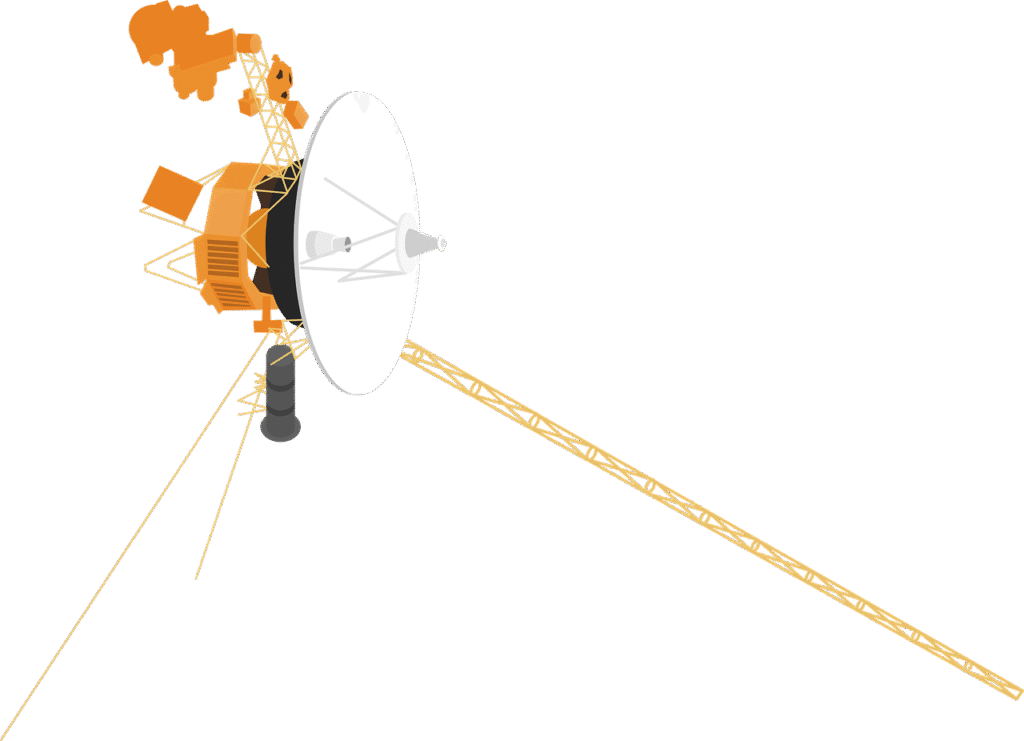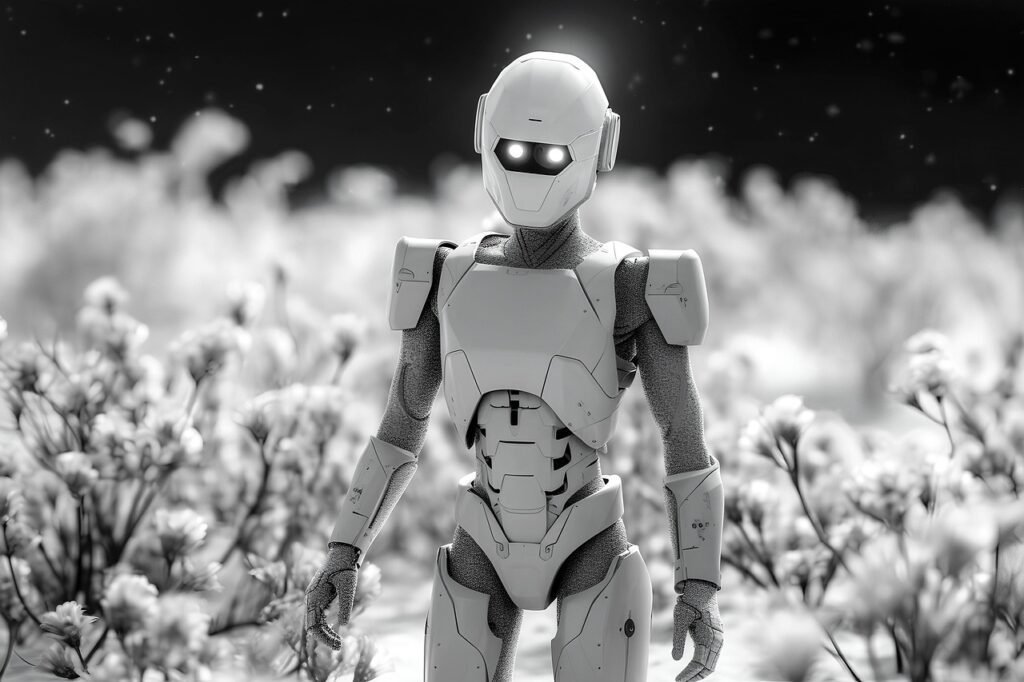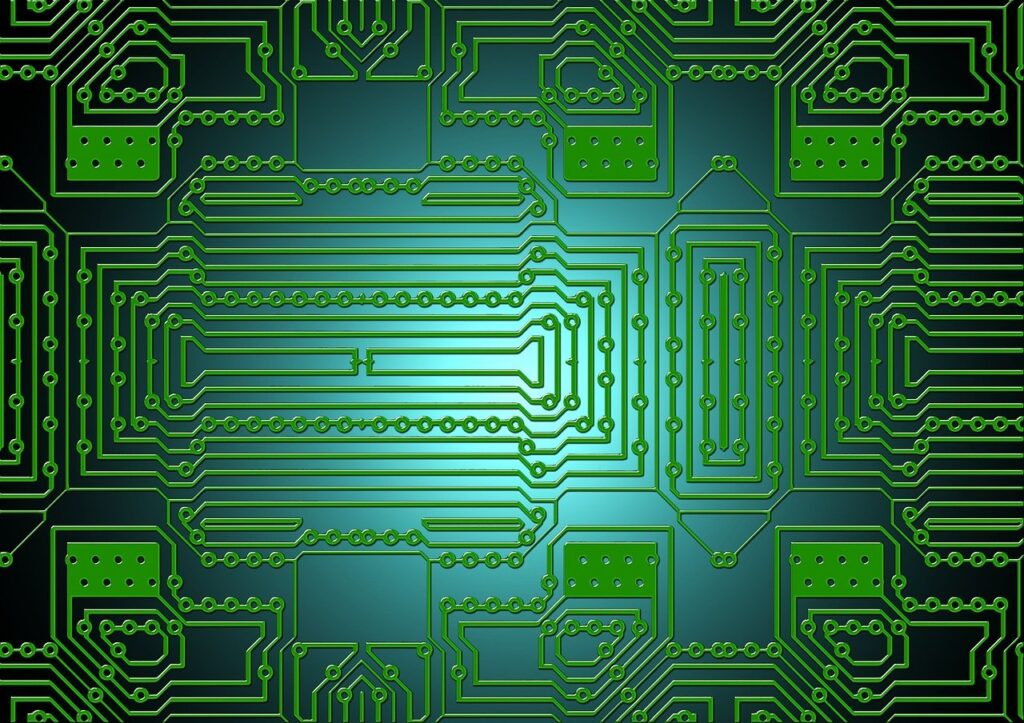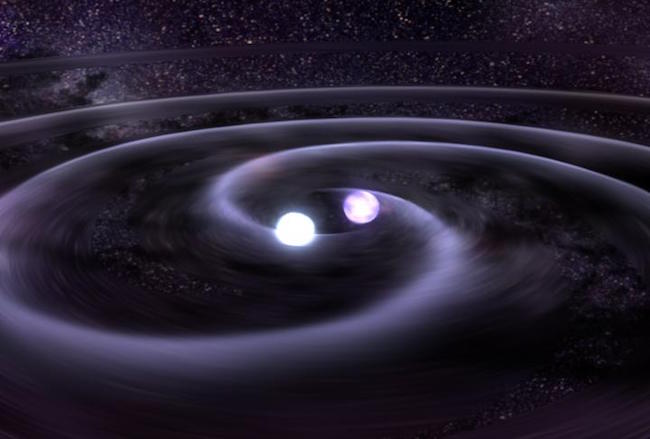Voyager Probes: More Than Just Technology
The Voyager probes symbolize humanity’s quest for knowledge, exploring the universe and sending back crucial data. Their legacy is a testament to our curiosity and determination to understand what lies beyond our planet.









